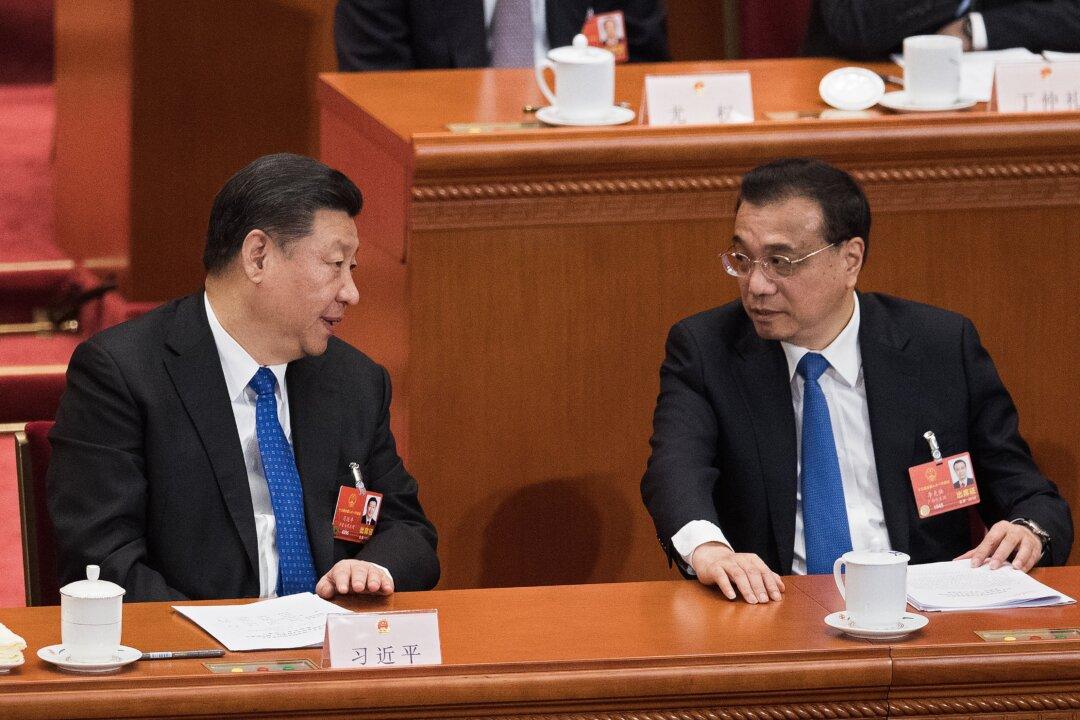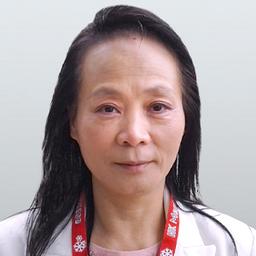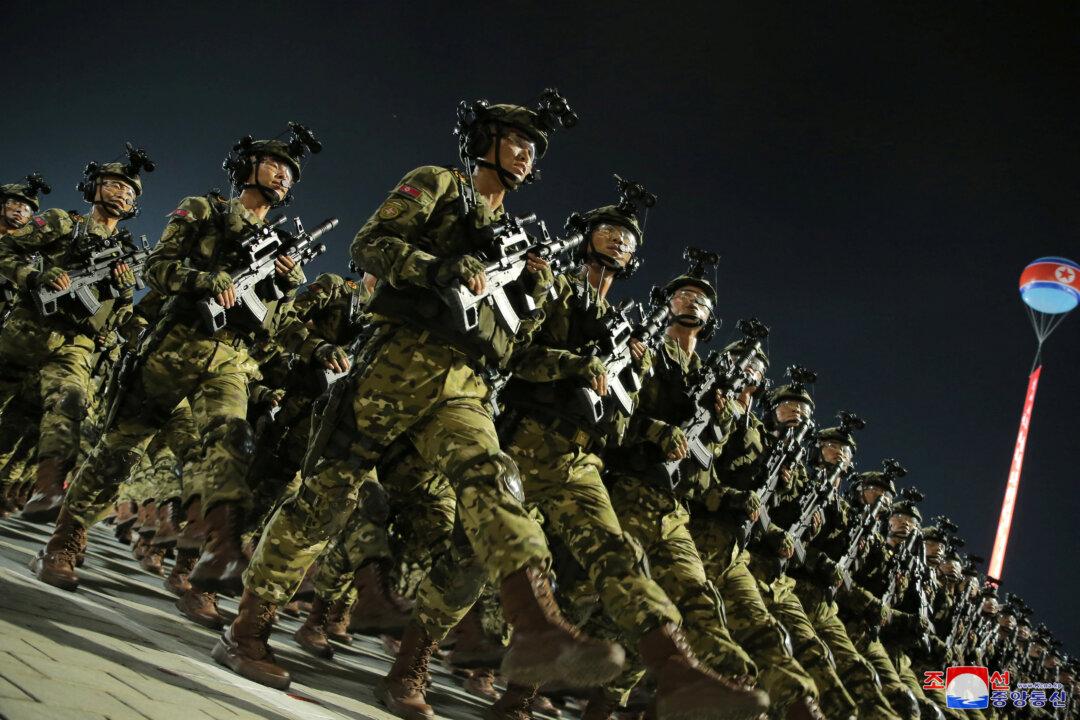Chinese regime leader Xi Jinping mysteriously vanished from the front pages of China’s official media on May 17 and 18, while Prime Minister Li Keqiang appeared in the official headlines on May 17.
It is noteworthy that three days earlier, on May 14, two CCP major mouthpieces published the full text of a speech delivered by Li. Li delivered the speech three weeks prior—usually, only his annual government report is printed in full.





